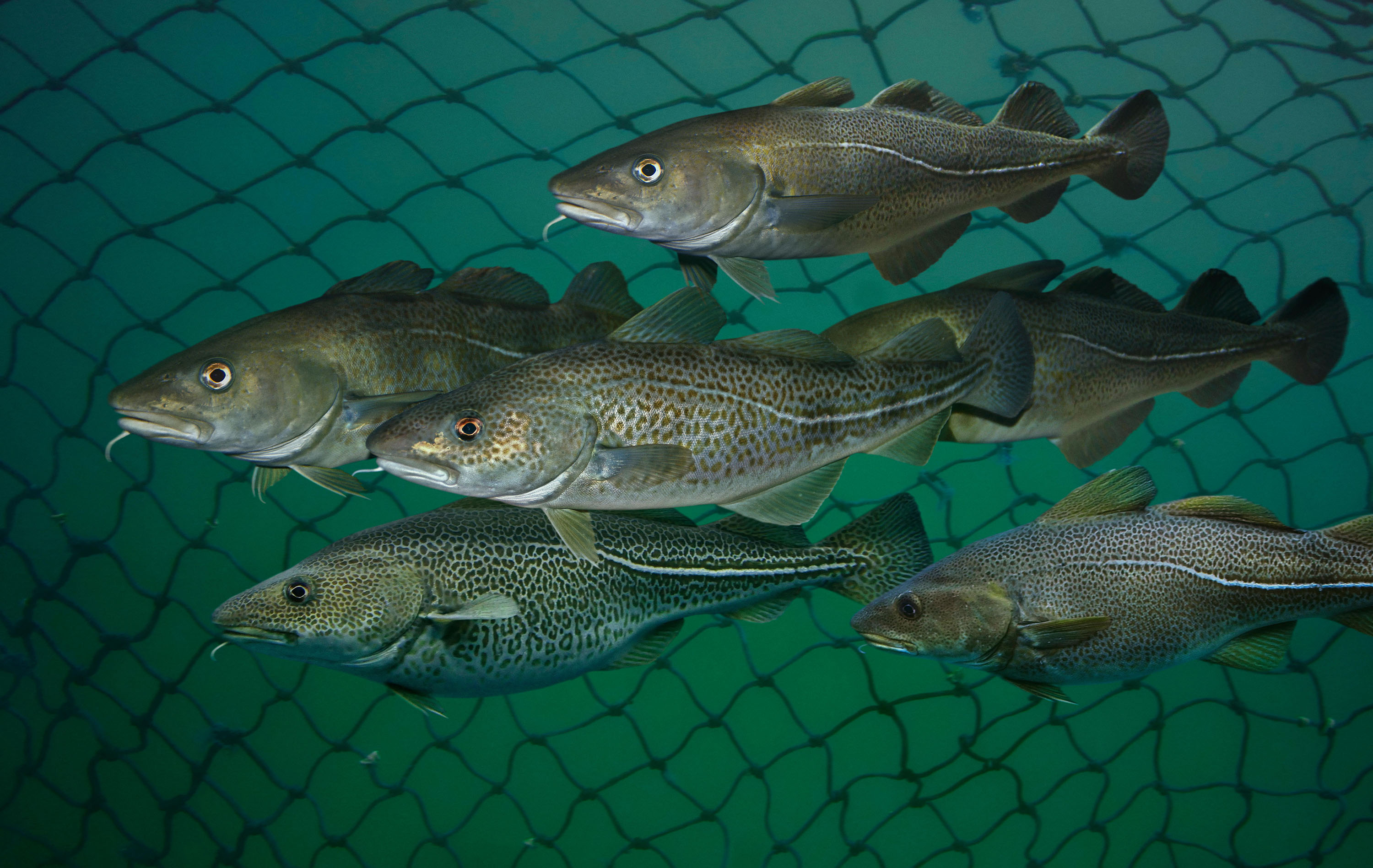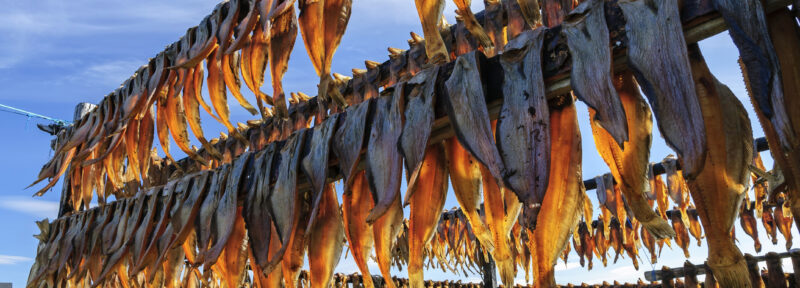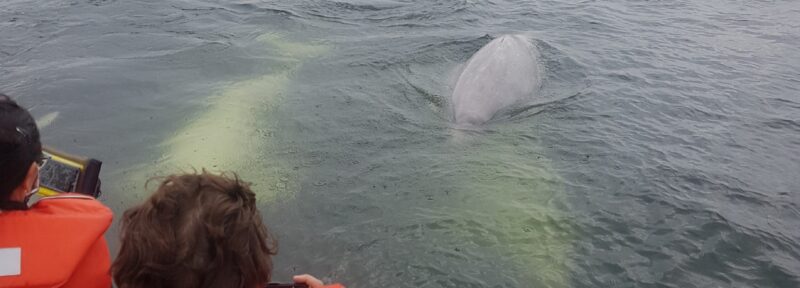New Paper Finds Important Fisheries Data Is Caught in Red Tape
A shoal of Atlantic cod swim inside a fishing net.
Credit: Paulo Oliveira
A Fisheries and Oceans Canada (DFO) policy called the “rule of five” is being applied in ways that needlessly restrict the public’s access to important fisheries data, according to an article recently published in the scientific journal FACETS. This policy is used by DFO staff to determine if and when they will release information about commercial fishing to scientists and other non-governmental entities.
Under this DFO guideline (which is actually not a rule), if there are fewer than five fishers active in a region, no data can be released to protect the privacy of those commercial operations. With five or more fishers, DFO will release some data because it is harder to connect the information to specific fishers or companies.
The article, entitled Balancing Privacy with Access to Information for Commercial Fisheries Data, raises questions about several aspects of the policy, including that it is applied differently across the country, and unnecessarily limits the release of data to scientists, academics and conservation groups. For example, in remote areas like the Arctic, there are so few commercial fishing entities that researchers may not be able to obtain any information at all about catch totals. That includes bycatch species that are accidentally caught but discarded at sea and don’t provide any income—even though federal privacy laws only protect catches with economic value.
The article also cites a lack of clarity among DFO staff about when to release information and how to interpret the policy. In some regions, a “rule of three” is followed instead of the “rule of five,” adding to the confusion.
“Canada’s oceans are a public resource,” said Nicole Tomasic, the article’s author who completed her law degree at Dalhousie University’s Schulich School of Law with a specialization in environmental law. “While privacy is important, so are access to information and transparent management of public resources in the public interest. The policy could be rebalanced to allow for more oversight of commercial fisheries.”
By law, DFO has an obligation to balance the privacy rights of commercial fishers while promoting access to information. DFO must also balance its mandate to exploit the fisheries with its duty to conserve and manage this natural resource. Yet about a decade ago, DFO began to deny requests for fisheries data from external researchers using the more restrictive “rule of five”—rather than the “rule of three.”
“That is arguably stricter than necessary and not rooted in the legislation,” said Tomasic. “It has led to problematic knowledge gaps with respect to fisheries data and science outside of DFO.”
That approach has become even more worrisome with the consolidation of commercial fisheries in some regions, she said. If there’s only one license holder, access to fisheries data will be impossible to obtain.
To examine this issue, Tomasic filed Access of Information and Privacy requests to DFO about the “rule of five” and how it is being applied. She also conducted an anonymous survey to gather feedback from those affected by the guideline.
Tomasic said she hopes her article will shed light on the issues that have limited access to fisheries data for researchers, and prompt DFO to change how information is released including the following recommendations:
- DFO’s approach to requests for information should be applied consistently across the country and the policy should be formally posted
- If DFO continues to follow a rule for data requests, the less restrictive “rule of three” should be followed
- DFO staff need to be made aware that the “rule of three” can be used for landings data (according to a footnote which many officials and researchers do not know about)
- DFO should update guidelines to include the caveat that commercial fishers can give consent to have data released even under the “rule of five”
- DFO should update guidelines to say that data can be released through an exemption under the Privacy Act for “research or statistical purposes”
- DFO should clarify whether bycatch that is not retained or landed should be covered by the “rule of five”
Oceans North is currently working on ways to overhaul the “rule of five” and improve access to fisheries data. Based on Tomasic’s research and other analysis, Oceans North supports most of these recommendations as first steps.
“We urge DFO to modernize its data release guidelines as a matter of priority,” said Katie Schleit, fisheries director at Oceans North. “That includes releasing non-retained bycatch data to researchers and allowing more data to be released under the exemption for research and statistical purposes.”
Ruth Teichroeb is a regular contributor to Oceans North and former communications director.





